This post may contain affiliate links. Please read our disclosure policy.
How to make cucumber juice with a juicer, blender, or machine-free! Cucumber juice is tasty, refreshing, and packed with hydration! Best of all, there are three ways to get the cucumber juice – with and without a juicer!
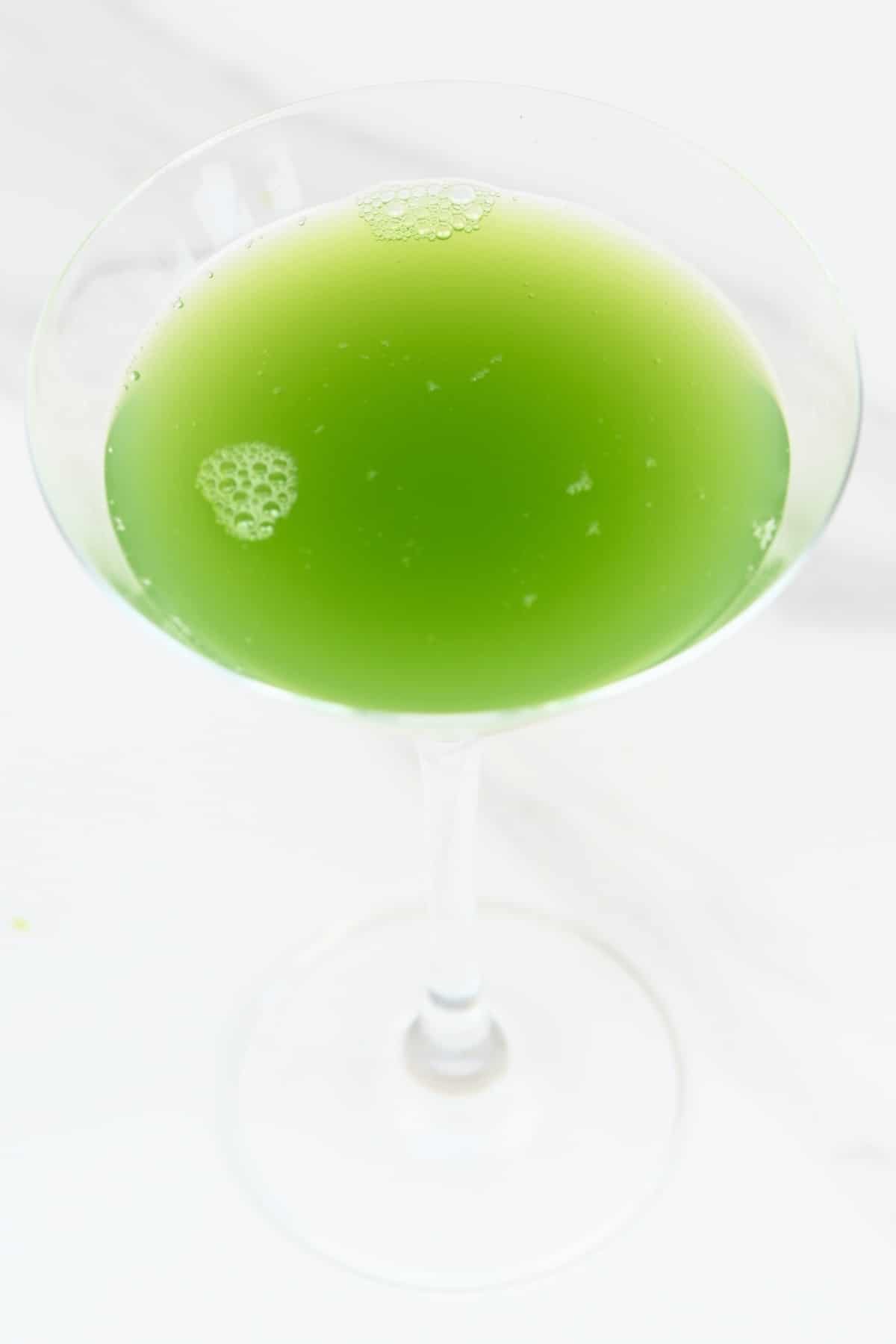
In my opinion, cucumber is one of the most refreshing ingredients there is (unsurprising since it’s 96% water) alongside watermelon. We use it in fresh summer salads (like this tomato and cucumber salad), tossed into smoothies, make it into gazpacho, drink it in water (or as cucumber mint lemonade!), and even use them on our face (hello spa day!). So why not take advantage and learn how to make cucumber juice for a super refreshing treat.
This cucumber juice recipe (or rather method?) came about recently when making homemade tzatziki. The sauce requires lots of cucumbers that need to be squeezed to remove all excess liquid. After I’d done that – I started thinking of ways to use up the excess liquid (like for cucumber lemonade) and how to juice cucumber with and without machines.
You might also like to make other fresh juices like ginger juice, turmeric juice, and carrot juice.
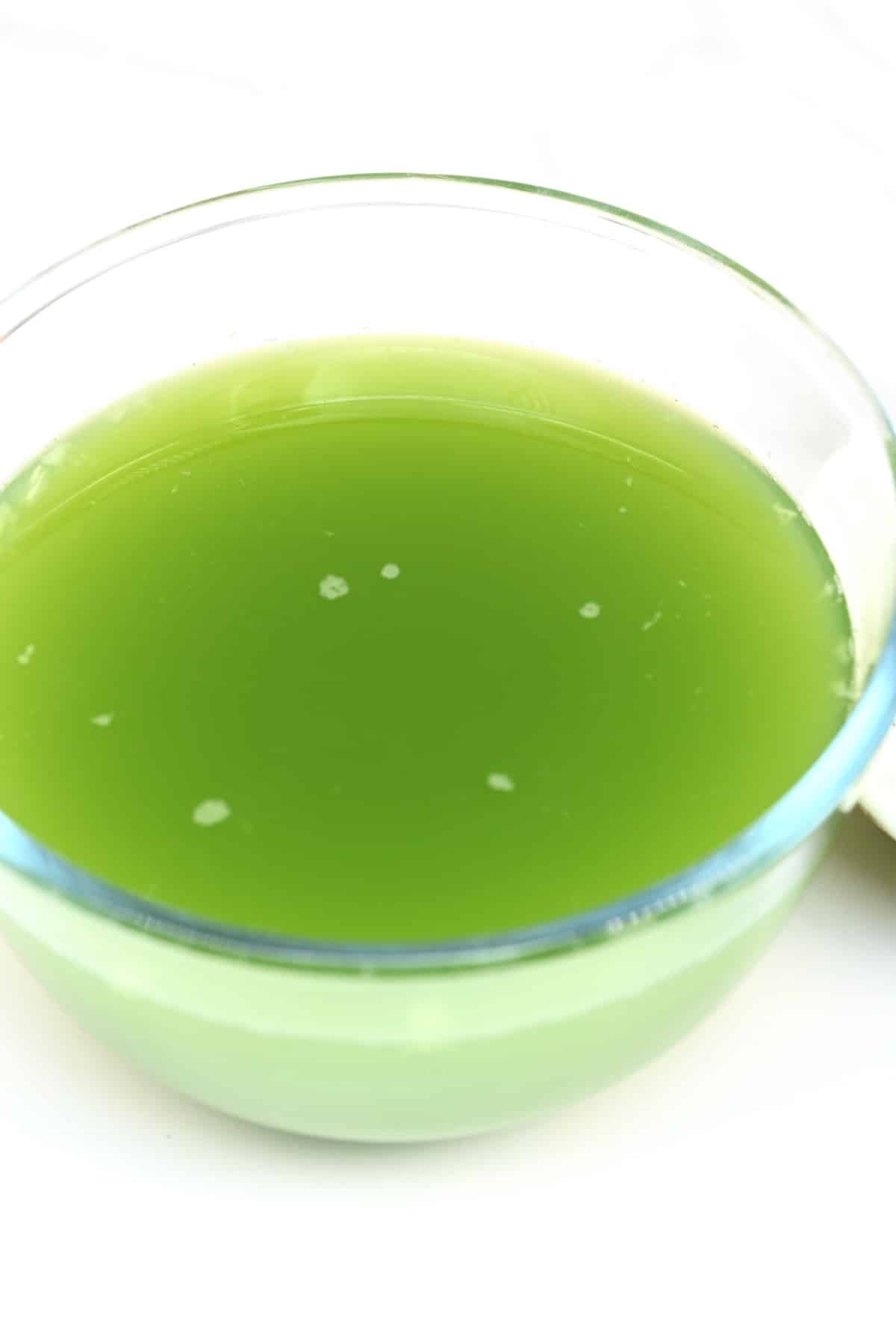
Want to save this recipe?
How to Make Cucumber Juice
First, no matter which of the below methods you choose to use, you should wash the cucumber well.
With a Juicer
Cut the cucumber enough to fit the chute of your juicer, and then feed it into the machine.
And it’s as simple as that!
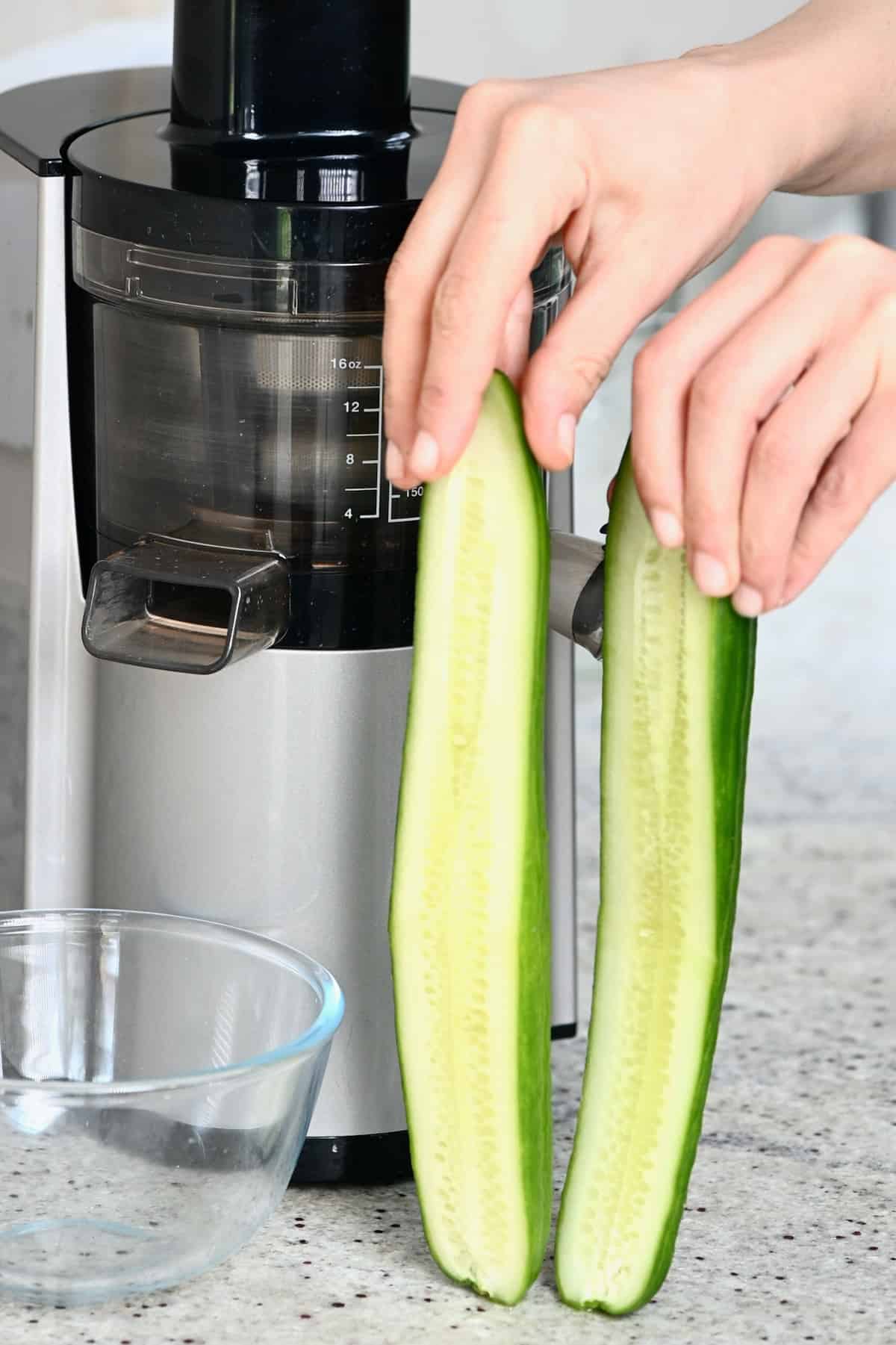
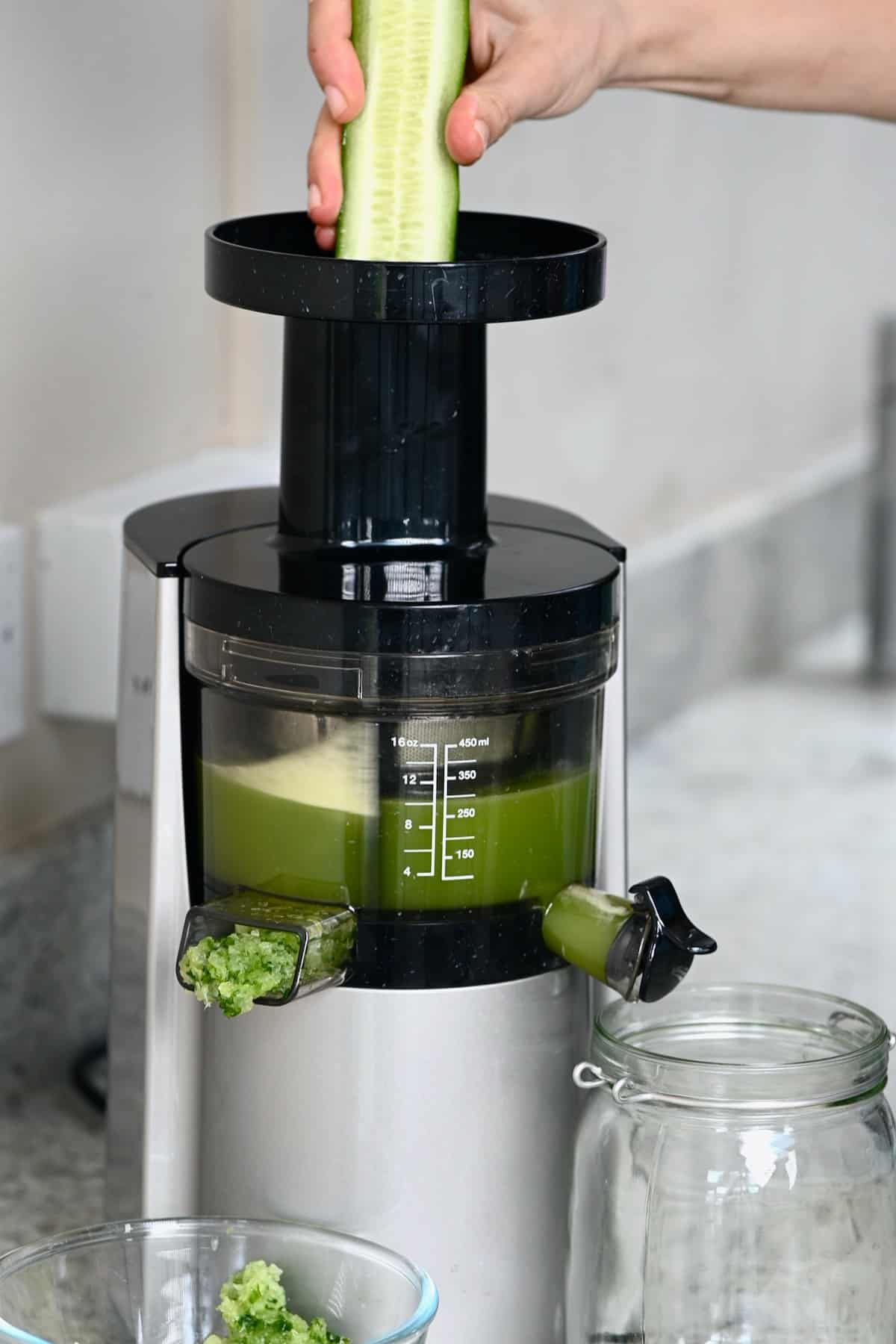
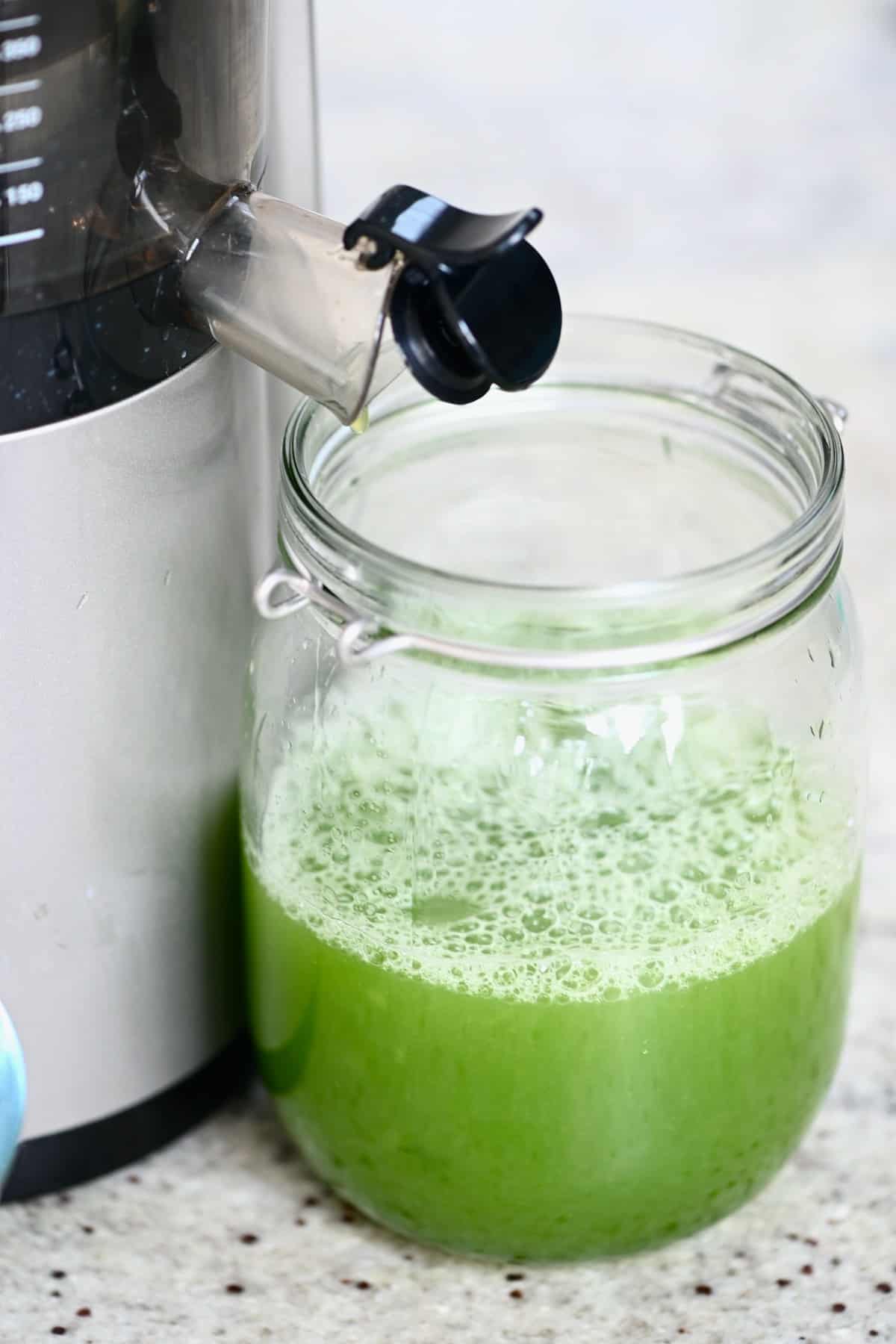
With a Blender
Roughly chop the cucumber into small-ish pieces (which will make it easier to blend). This method is best used by those with a high-powered blender. Otherwise, you may need to add a little extra water to the machine to help it blend the cucumber down into a smooth-ish pulp (this will depend on how many cucumbers you’re using). I recommend adding ½ cup water, to begin with, and increasing if needed – as you don’t want to water the fresh cucumber juice down too much.
This can take up to 2 minutes based on the strength of your machine and how smooth you want the pulp.
When ready, transfer the pulp to a sieve, layers of cheesecloth, or a nut milk bag and squeeze out as much juice as possible.
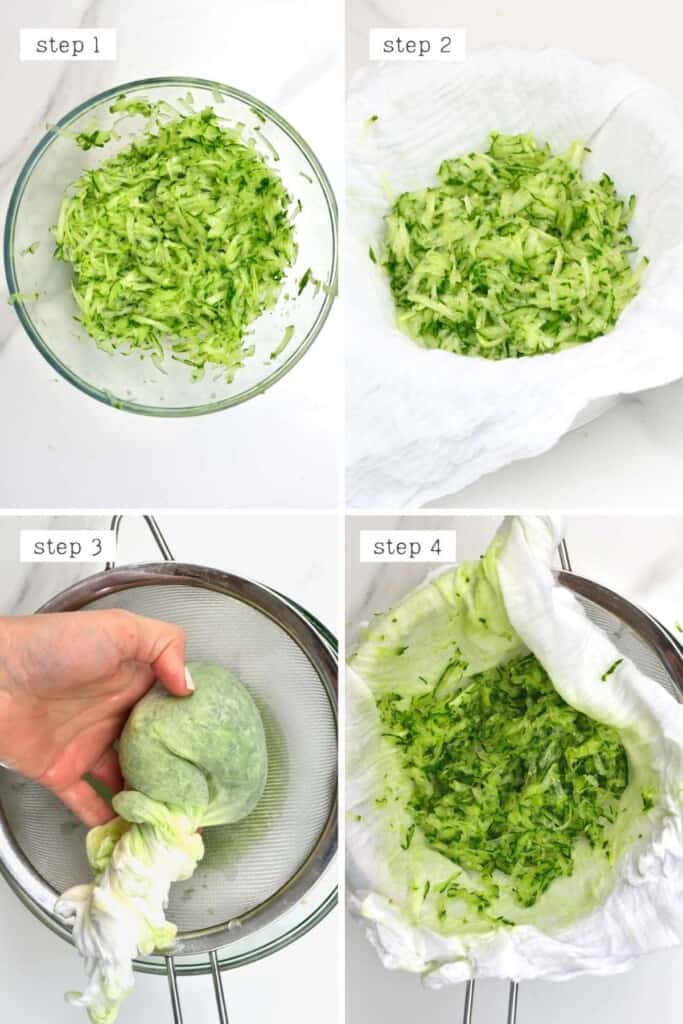
With a Grater
This is the best way I’ve found to juice cucumber without a juicer. Using a grater, grate your cucumber. You could alternatively try to chop it very finely, but grating yields the best results (and is faster to do).
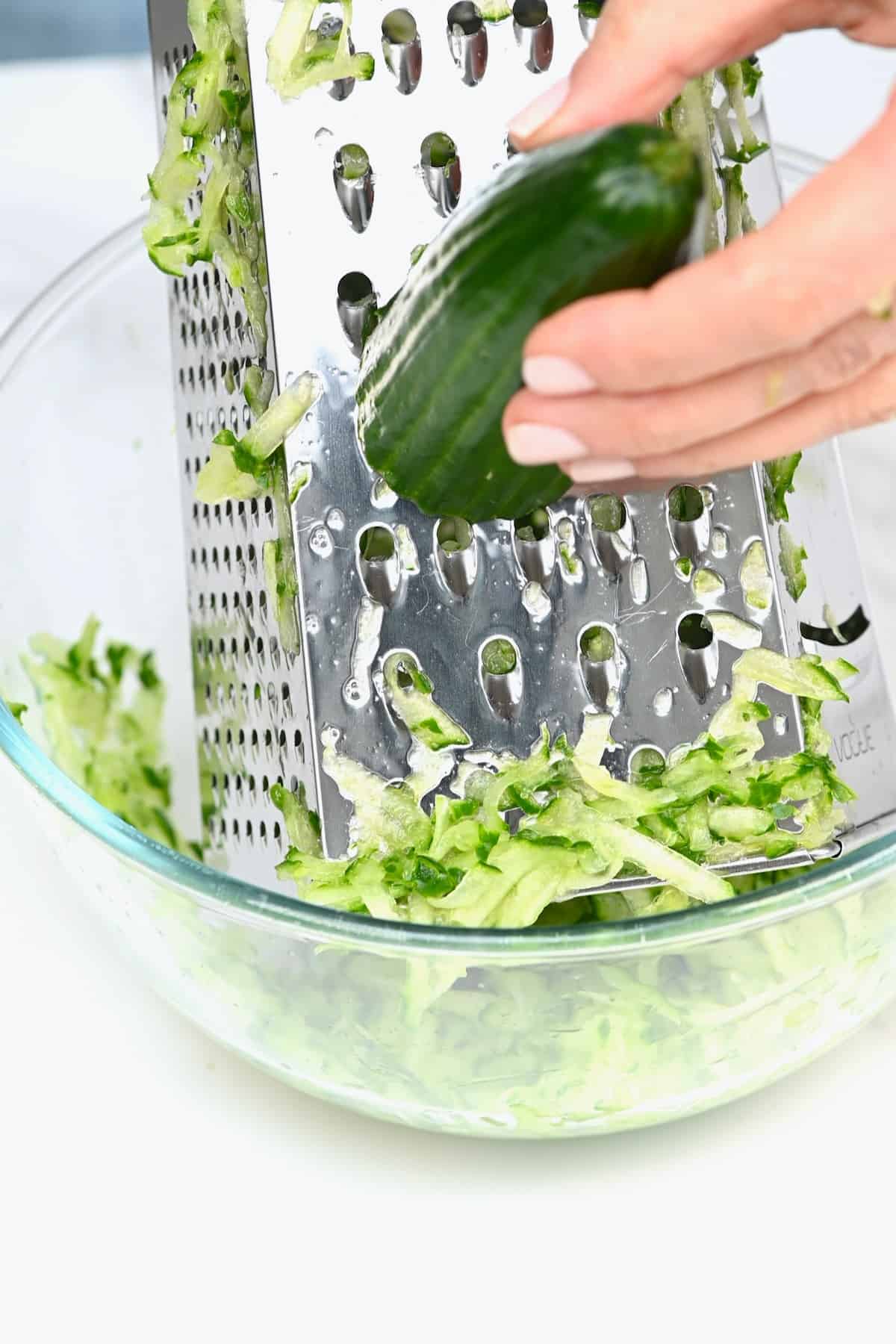
Then transfer the cucumber to either cheesecloth or nut milk bag and twist and squeeze to get out as much liquid as possible.
Salting the cucumbers and allowing them to rest can encourage them to release extra liquid. However, it also means you have salty cucumber juice – so this is a step I avoid.
The pulp can be collected to make a dish like tzatziki or added to smoothies and other dishes. If you don’t want to use it immediately, you can divide the pulp into an ice-cube tray and freeze it for longer-term storage. For smoothies, just place a few ice cubes in the blender along with your other ingredients.
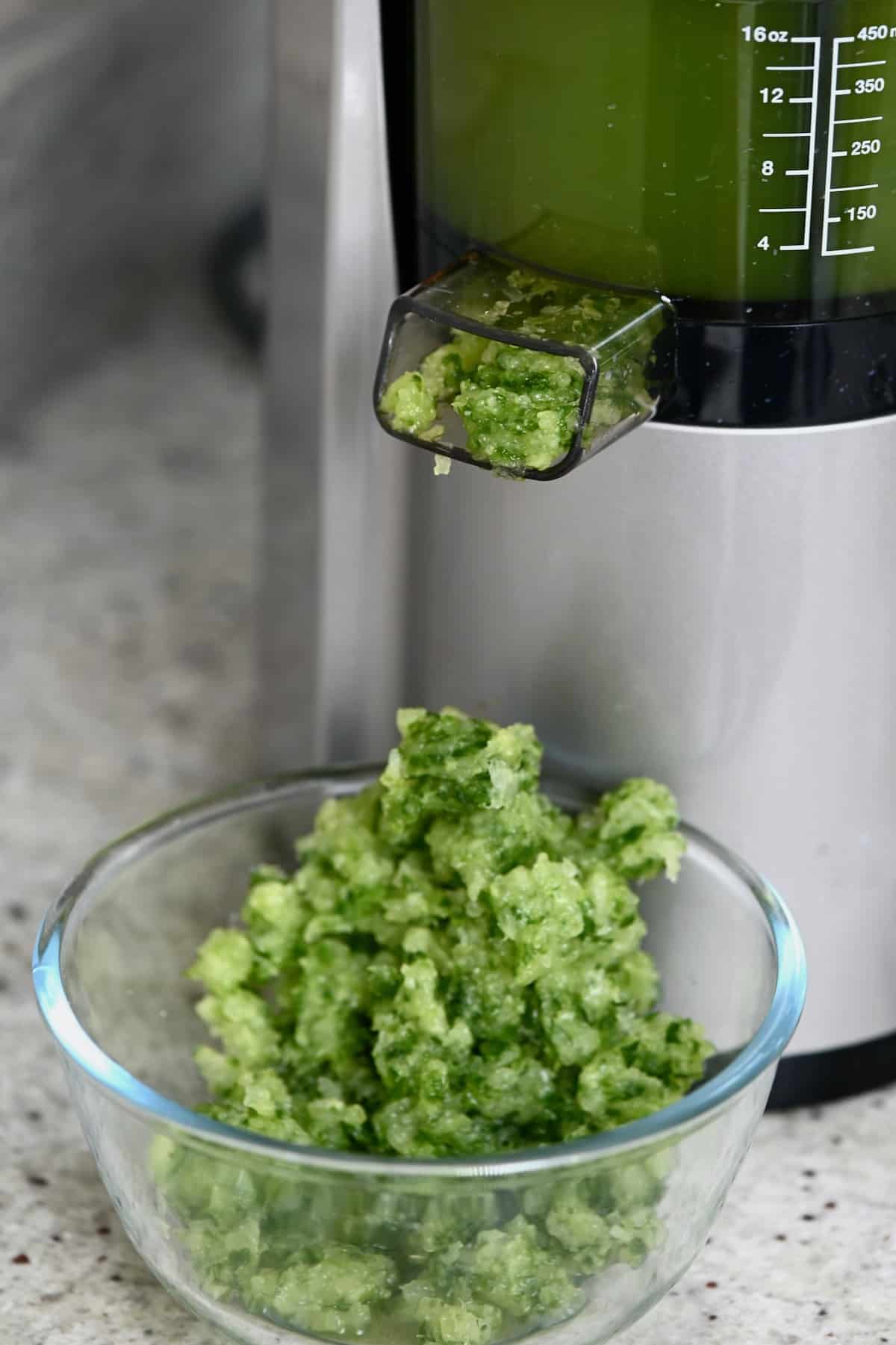
How to Store
Almost all fresh juices are best consumed immediately to make the most of all the nutrients. However, any leftover cucumber juice will store in an airtight container in the refrigerator for up to a day.
Alternatively, you can freeze the juice. However, this will affect some of the nutrients – so fresh is always best. To freeze the juice, though, I recommend pouring it into large silicone ice-cube trays (portioned) and then transferred it to a freezer-safe bag/container for up to a month. That way, you can take out just as much as you need each time.
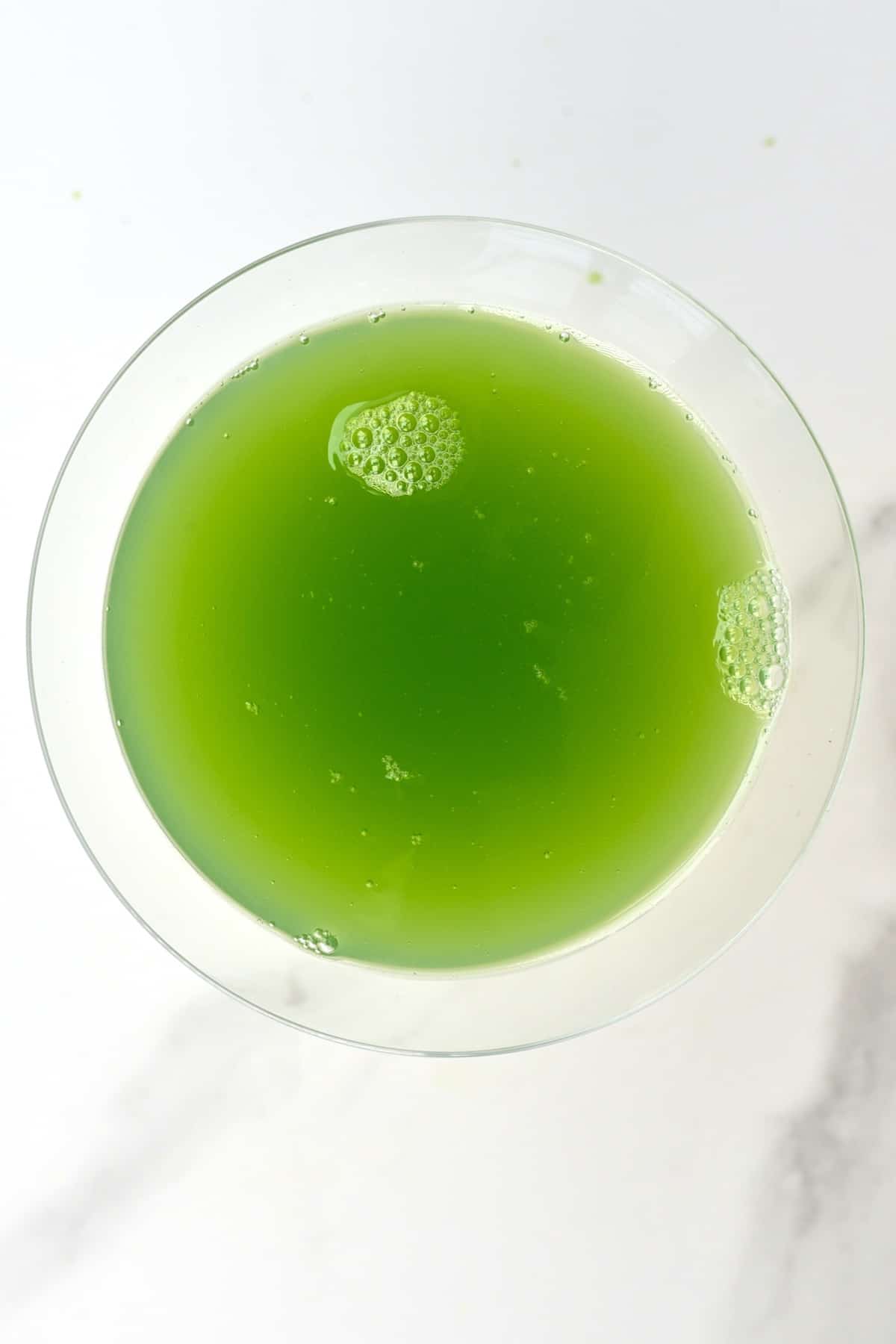
FAQs
Whenever I’m juicing an ingredient, I aim to use organic versions and avoid pesticides. Either way, I recommend washing the cucumber well before juicing.
I always like to say that any time is better than no time at all. However, when it comes to most fresh juice recipes, I recommend drinking them first thing in the morning, on an empty stomach, around 20-30 minutes before eating breakfast.
There’s no need to peel the cucumber unless you’re using a variety with a very thick, bitter skin and want to avoid the bitter flavor. However, you can leave the skin on with most cucumbers.
Yes – similarly to when I shared my celery juice, cucumber juice can be sweetened naturally with the addition of an apple (best when using a juicer). Alternatively, even a drizzle of honey or maple would work, to begin with, while you adjust to the flavor.
Also, check the recipe notes for more ways to add extra flavor to the juice.
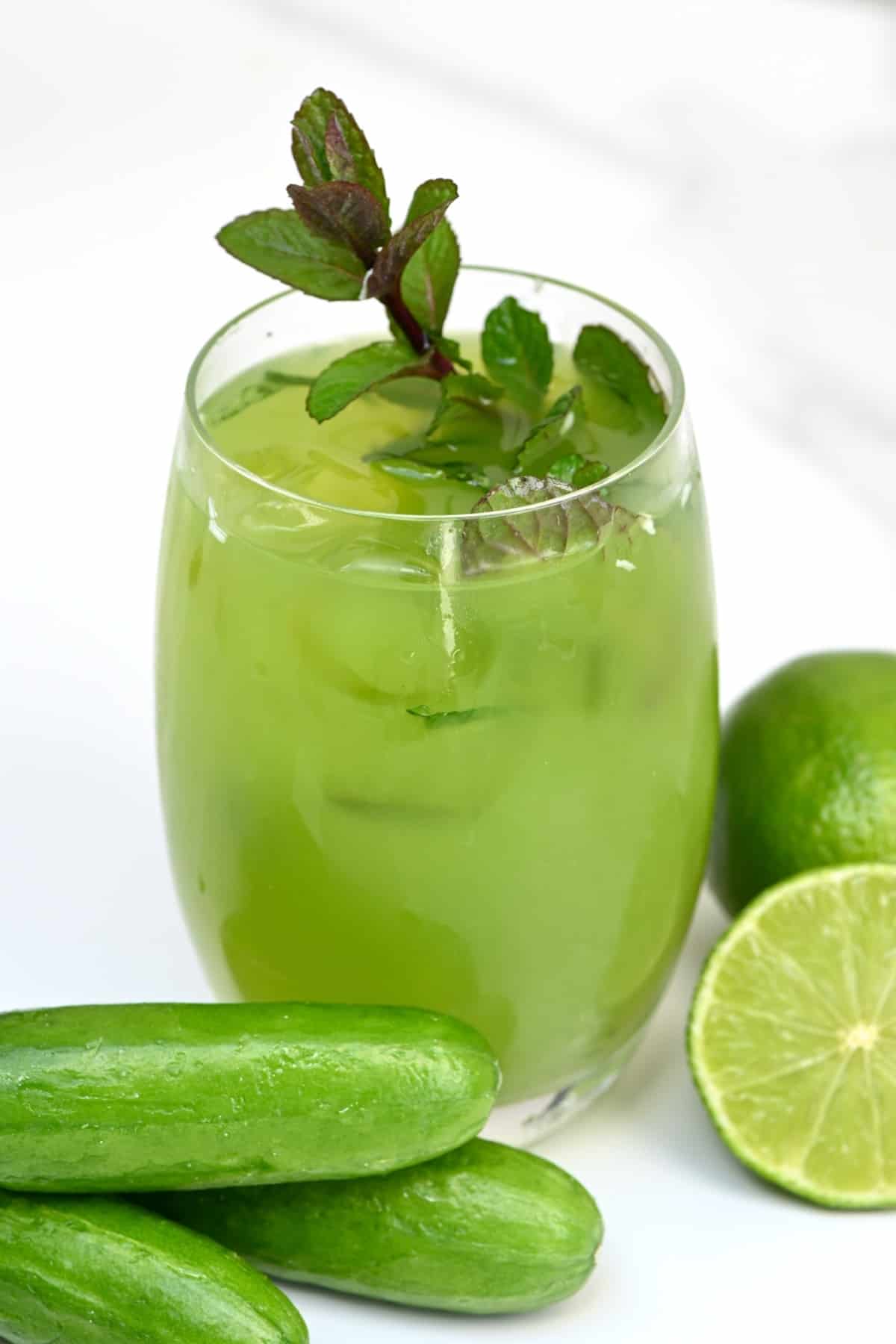
Recipe Notes
- Use the freshest cucumbers: Organic is best but no matter which you use, make sure they’re firm to touch and bright in color.
- When using a blender: If you want to take advantage of some of the fiber without having big chunky bits of peel, I recommend peeling the cucumber first and blending the soft inner flesh. That way, you can optionally drink it with the pulp. If you don’t have a high-speed blender, it can help to add a little extra water to the machine to help it blend.
- Drinking the juice fresh: I’ve already mentioned this above but feel it deserves repeating. Drinking the juice fresh after juicing will help you to ingest the optimal amount of nutrients. As the juice oxidizes, it will begin to lose nutrients.
- To add extra flavor: If you’re new to cucumber juice, you may want to add ‘zing’ to the juice with extra flavor. You can do this with lemon/lime and mint (my favorite!), add an inch or so of ginger, experiment with other herbs like basil and lemon thyme, add fruit for sweetness (apple, pineapple, and mango are my favorites when combined with ‘greens’).
Other Cucumber Recipes
If you try this cucumber juice recipe/method, I’d love to hear your thoughts/questions below. Also, I’d really appreciate a recipe card rating below, and feel free to tag me in your recipe recreations on Instagram @Alphafoodie!
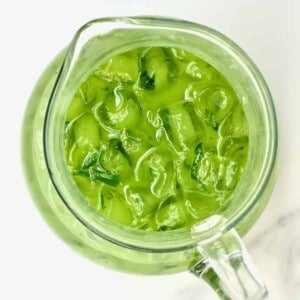
How to Make Cucumber Juice (3 Methods)
Ingredients
- 2 pounds cucumbers
This would yield about 1.65 pounds/750 ml cucumber juice (depending on method)
Instructions
- No matter which of the below methods you choose to use, you should wash the cucumber well.
With a Juicer
- Cut the cucumber enough to fit the chute of your juicer, and then feed it into the machine. And it’s as simple as that!
With a Blender
- Roughly chop the cucumber into small-ish pieces (which will make it easier to blend). This method is best used by those with a high-powered blender. Otherwise, you may need to add a little extra water to the machine to help you blend the cucumber down into a smooth-ish pulp (this will depend on how many cucumbers you're using). I recommend adding ½ cup of water, to begin with, and increasing if needed – as you don't want to water the fresh cucumber juice down too much.This can take up to 2 minutes based on the strength of your machine and how smooth you want the pulp.
- When ready, transfer the pulp to a sieve, layers of cheesecloth, or a nut milk bag and squeeze out as much juice as possible.
With a Grater
- This is the best way I've found to juice cucumber without a juicer. Using a grater, grate your cucumber. You could alternatively try to chop it very finely, but grating yields the best results (and is faster to do).
- Then transfer the cucumber to either cheesecloth or nut milk bag and twist and squeeze to get out as much liquid as possible.Salting the cucumbers and allowing them to rest can encourage them to release extra liquid. However, it also means you have salty cucumber juice – so this is a step I avoid.
- How to use the leftover pulp? The pulp can be collected to make a dish like tzatziki or added to smoothies and other dishes. If you don't want to use it immediately, you can divide the pulp into an ice-cube tray and freeze it for longer-term storage. For smoothies, just place a few ice cubes in the blender along with your other ingredients.
How to Store
- Almost all fresh juices are best consumed immediately to make the most of all the nutrients. However, any leftover cucumber juice will store in an airtight container in the refrigerator for up to a day.Alternatively, you can freeze the juice. However, this will affect some of the nutrients – so fresh is always best. To freeze the juice, though, I recommend pouring it into large silicone ice-cube trays (portioned) and then transferred it to a freezer-safe bag/container for up to a month. That way, you can take out just as much as you need each time.
Notes
Nutrition
Nutrition information is automatically calculated, so should only be used as an approximation.


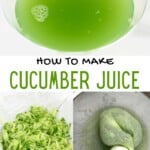

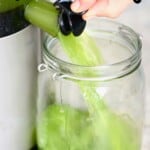
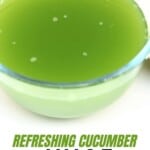
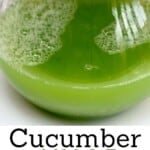
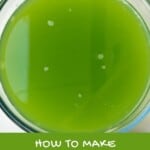









How to make cucumber juice
I hope you give one of these methods a try. The easiest, of course, is with a juicer, but if you don’t have one, there are other methods.